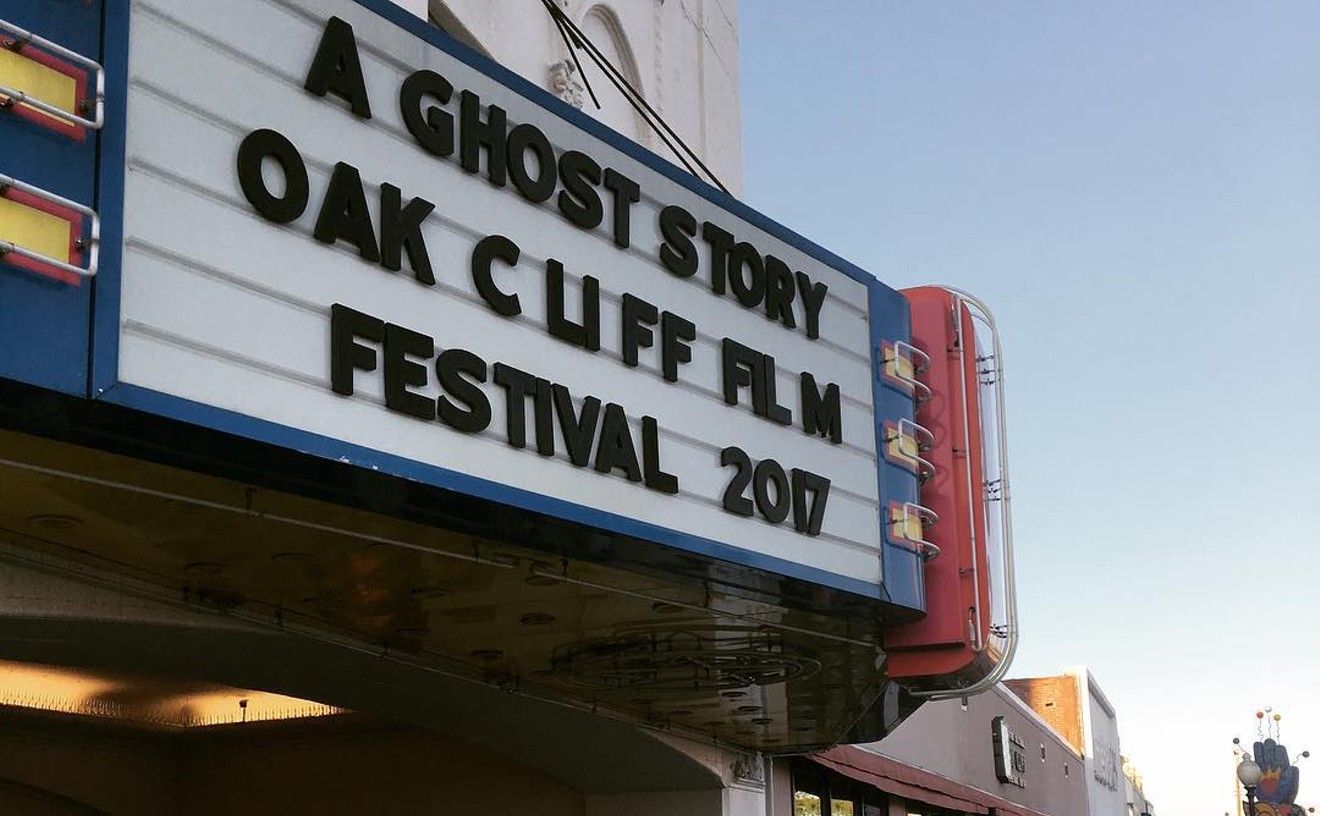The men's urinals are where you learn the most about an ongoing opera. The unedited state of things--the real nitty-gritty. (In all fairness, I'm sure the women's room is equally revelatory). Inside, pre-performance, the occupants were academics and critics, dishing on a half dozen lesser-known facts concerning The Marriage of Figaro (it was all "did you know" and "interestingly, during Mozart's time..." type proclamations). The message being, in nearly any circumstance, the performance of this opera is a big deal, an event worthy of celebration.
However, after two acts, and despite roughly an hour-and-a-half of spellbinding vocals and tight orchestral performance, the men's room had become a den of petulance. Pissed-off grumbles and cynicism had replaced the wide-eyed optimism of anticipation: "what was going on?" and "it's ruined" accounted for two-thirds of all speech therein. So, what had happened? In truth, a relatively minor misstep in the large scheme of things, but a failure that certainly had monumental ramifications on this occasion. In the second act, the supertitle projector - the device that displays the English translation of the Italian singing - had failed.
The audience's reaction to this malfunction was immediately noticeable in the moment as well. And, of course it was, ninety-nine percent of the audience had just been alienated, lost like patrons at a foreign film lacking subtitles. A collective under-the-breath groan, an immediate buzz of rustling, and a landscape of tilted heads sharing complaints made up the scene. A number of patrons even made their way to the doors. It's funny what a few absent words can do to a couple thousand people.
In effect, the reaction to this small but regretful error highlights the complexity of opera. It's a form that balances a comparatively vast range of highly technical skills, from various species of visual art and theatre staging, to the demanding requirements of orchestral arrangement and vocal performance. When considering this, it's almost a miracle that any such production is a success; there's a near-infinite potential for failure to overcome.
In fact, when you think about it -really think about it - opera's a strange thing altogether. It's lyrical, but not quite song or poetry. It's musical, but not purely music. It's theater, but with unusual conventions pertaining to pacing, timing, and narrative development. In tonight's instance, in Mozart's Marriage of Figaro, opera doesn't so much ebb and flow, it jumps and skips with dramatic reveals and provocative plot twists. It's a masterpiece whose magnificence is owed to psychological and sociological depth, and Mozart's unparalleled skill for musical characterization. While the latter element came through beautifully, the former features were slightly obscured.
The social/class critiques inherit in the libretto were blunted in virtue of the night's comedy-dominant performance. It's hard though, really, to call this a fault in light of how immensely enjoyable the evening was on the whole. But no question, the mezzo caratteri and even the traditionally more serious characters, were rendered, whether purposely or not, in a comedic light. Apart from this and the aforementioned supertitle quibble, the night was all but flawless.
Below the starry blue-and-white canopy of the retreated chandelier, the initial parting of the stage curtain revealed the first stunner of the evening. The late production designer John Bury's set design, framed by Mark McCullough's gorgeous lighting, was a jaw dropper. The contrasts were deeply intense; sharp beams of light met pitch-black shadows at unusual angles, giving new life to familiar colors and settings. This was no more obvious than in the first setting, where Figaro's newly appointed room took on a haunting hue and dimension. The final garden setting, awash in colors equal parts twilight blue and watercolor turquoise, was equally stunning. The impression of the opera was immensely surreal as a result of these stage qualities, like viewing scenes through the perspective of a dream.
With regard to music and voice, it was an all-around brilliant effort. Apart from some oddly textured moments (notably with the harpsichord), the orchestra was solid and pleasing, subtle when necessary and bold when expected, delivering the appropriate thrust of mood, tone or emotion on cue. The vocal renditions were equally sufficient, Emily Fons' (Cherubino) and Beate Ritter's (Susanna) high, peaking registers were of special note, at turns glorious and graceful.
As shimmering confetti rained down in the final act's conciliatory close, the audience responded with satisfied applause. As impassioned as this appreciation was, it was no match for the thunderous welcome of the third act--the moment at which the public realized their beloved supertitles were back in working order. Afterward, in the stream of patrons spilling out of the Winspear Opera House, outwards to the street, across the sprawling red carpet, I recognized several of the former urinal critics in the mix. It seemed the fellows were in good spirits again.
The Marriage of Figaro continues through November 9. Tickets available at dallasopera.org.










